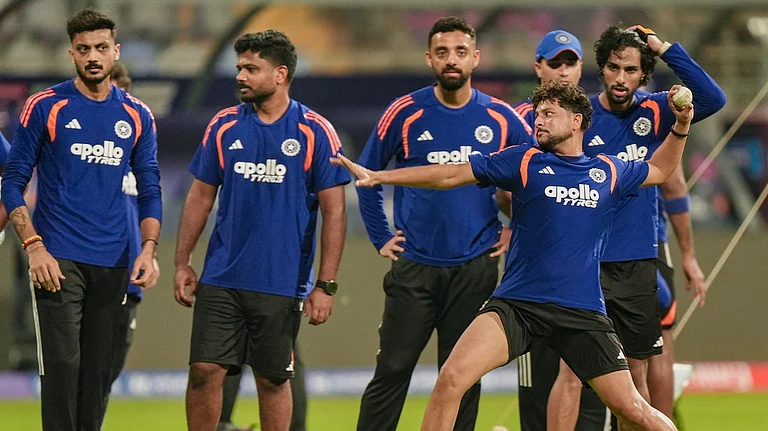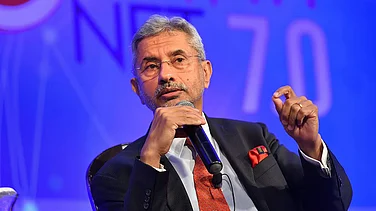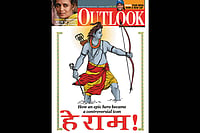Religion in so-called liberal democracies has always shaped political culture. Political theorist, Leo Strauss, called it a ‘theologico-political problem’ which was about authority, primarily, a tryst between the divine and the political autonomy. How does one place religion in politics in a democratic country that is diverse and has pledged to be secular? Increasingly, in India, the issue of religion mixing with politics has gained momentum, certainly ever since the demolition of the Babri Masjid. Call it the fine-toothed combing of majoritarian beliefs or call it what you will, the fact is that India is a multicultural place and not a majoritarian nation-state.
The representation of gods in iconography and imagery becomes an important determinant in the construction of people’s identities and that itself is an opportunity for political parties to use such representation to suit their agenda. After Ram was appropriated by the BJP, various political parties scrambled to align themselves with other gods in the pantheon.
Shiva has often been invoked by different political parties and Prime Minister Narendra Modi has often been referred to as an avatar of Shiva. But Shiva is a complicated figure. In this issue, we look at the integration of religion and political narratives, how divine authority is conceptualised and implemented in this mix of democracy, secularism, religious diversity and religious criticism, how the appropriation of religion is at work and, most importantly, how it might not succeed.
We have seen enough and more such cases in the past with Kashi Vishwanath in Varanasi and the Mahakal Temple in Ujjain recently. What does this mean? Alienation or amalgamation? Isolation or inclusivity? Will the gods of the Hindu pantheon be reduced to singular narratives and used to polarise identities based on a politics of Otherness? Will a secular state withstand the might of the gods cast and recast following votebanks? Will Shiva be appropriated? Or is the figure of Shiva, and the gods in general, more wily than we think?
(This appeared in the print edition as "Gods in Political Play")






















